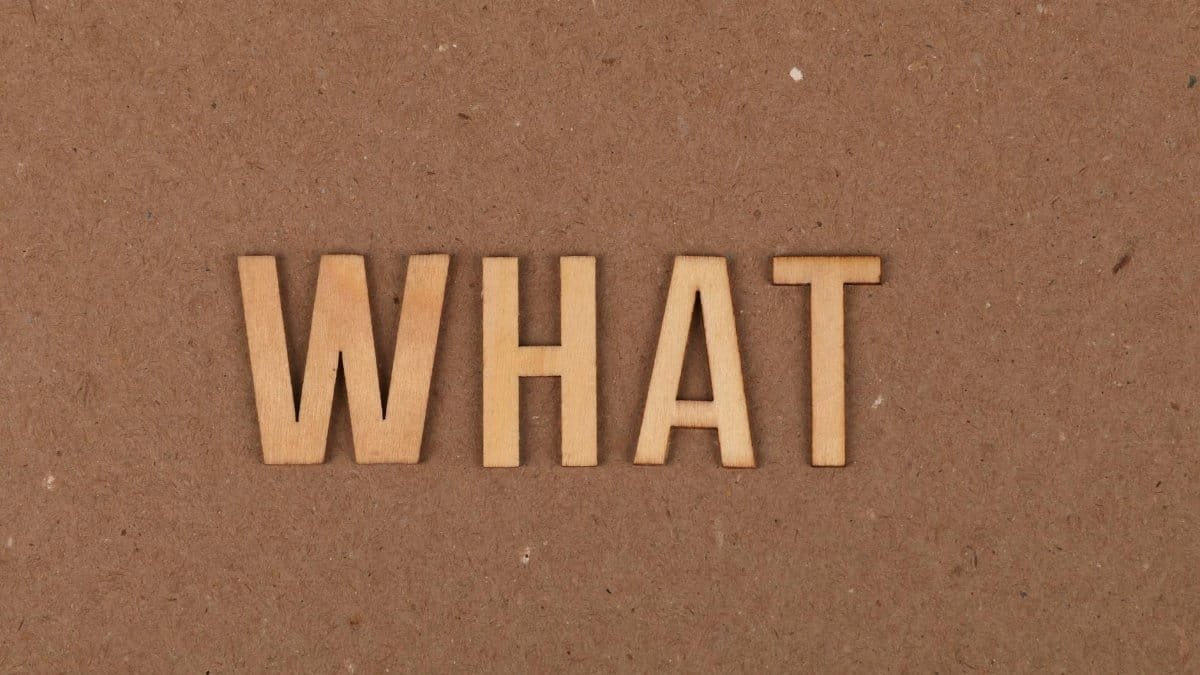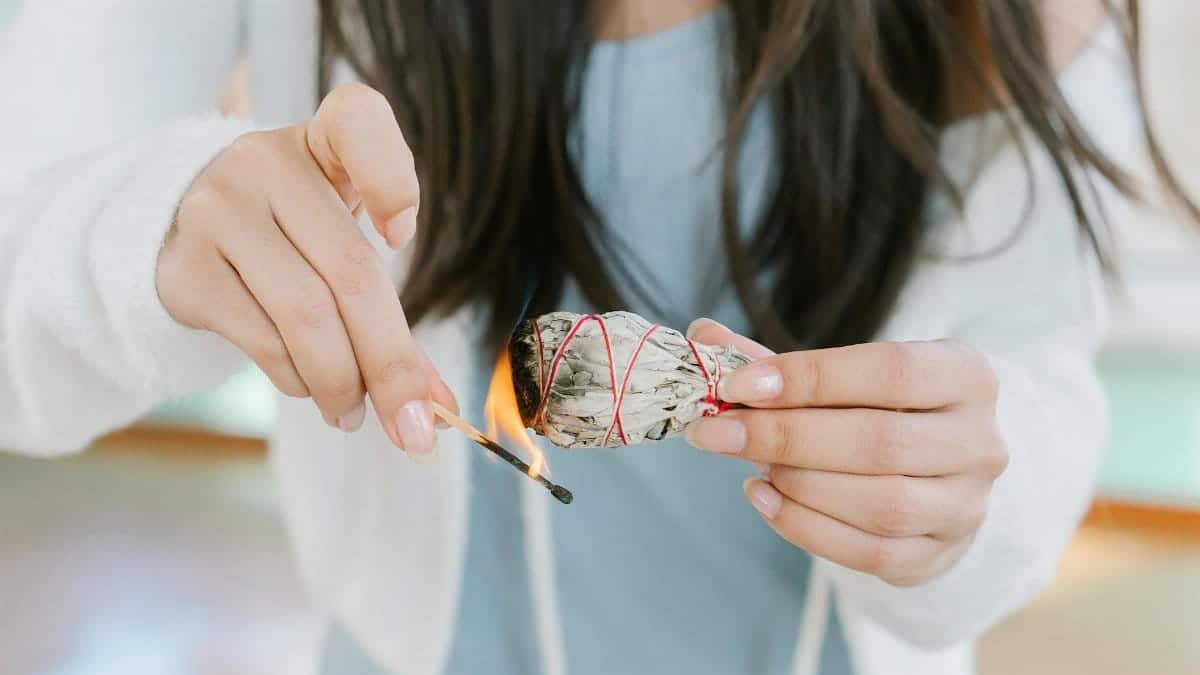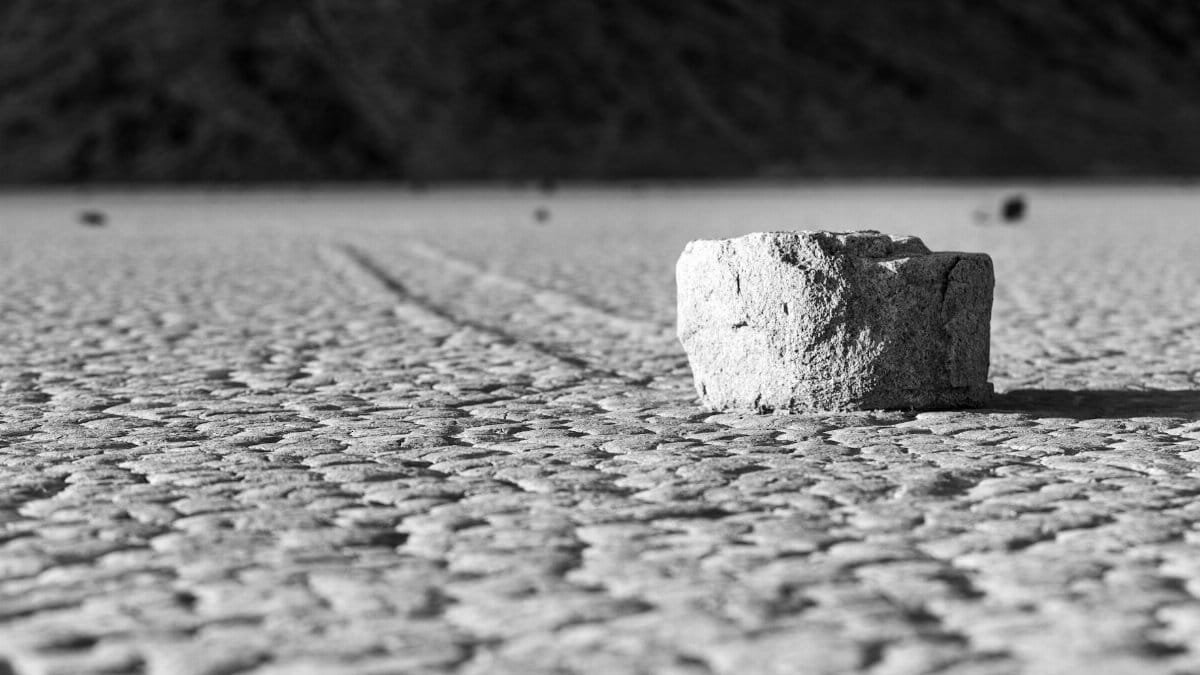Have you ever felt like you’ve lived a moment before, even though you know it’s impossible? That eerie sensation, known as déjà vu, has puzzled scientists and laypeople alike for centuries. Simply put, déjà vu theories attempt to explain why we experience this uncanny sense of familiarity. It matters because these theories could unlock deeper truths about memory, perception, and the human brain. From psychological quirks to neurological glitches, the explanations are as intriguing as the phenomenon itself.
What Is Déjà Vu, Exactly?

Déjà vu, a French term meaning “already seen,” describes the sudden feeling that a current experience has happened before. It’s not just a vague hunch—it often comes with an intense, almost unsettling certainty. Roughly 60-70% of people report experiencing it at least once in their lives, typically between the ages of 15 and 25. But why does it happen? Scientists have yet to pin down a single cause, which is why competing déjà vu theories continue to spark debate in 2025.
The Memory Mismatch Theory

One leading explanation suggests déjà vu stems from a glitch in how our brain processes memory. According to this theory, the brain mistakenly tags a new experience as a past memory due to a brief delay or error in neural signaling. It’s like a filing error in your mental archive. Research from institutions like the University of Colorado supports the idea that déjà vu may be linked to the hippocampus, the brain’s memory center, misfiring. Learn more about related studies at University of Colorado.
The Dual Processing Theory

Another perspective argues that déjà vu occurs when two parts of the brain process the same information at slightly different speeds. Imagine one system registering a scene as familiar while the other knows it’s new—the result is a jarring clash. This theory ties into broader studies of perception and cognition, with experts suggesting it reflects how our brains handle complex sensory input. The National Institute of Neurological Disorders and Stroke offers deeper insights into brain function at NINDS.
The Past Life or Spiritual Theory

Not all déjà vu theories are grounded in science. Some propose a more metaphysical angle, claiming the sensation hints at past lives or spiritual connections. Proponents argue that déjà vu could be a fleeting memory from a previous existence or a sign of heightened intuition. While lacking empirical evidence, this idea resonates with many who find the scientific explanations too mechanical. It’s a reminder of how deeply personal and mysterious the phenomenon feels to those who experience it.
Why Does It Feel So Real?

Regardless of which theory holds water, the vividness of déjà vu is undeniable. Neuroscientists suggest this intensity comes from the brain’s emotional centers, like the amygdala, amplifying the sensation. When a moment feels familiar, even falsely, it can trigger a rush of emotions that make it seem profoundly significant. This might explain why déjà vu often leaves us rattled or reflective, searching for meaning in the mundane.
What’s Next for Research?

The quest to understand déjà vu continues, with researchers in 2025 using advanced brain imaging to map neural activity during these episodes. While we may never fully crack the code, each study brings us closer to unraveling how our minds construct reality. For now, déjà vu theories offer a fascinating glimpse into the quirks of human consciousness, reminding us just how much there is left to learn about ourselves.
